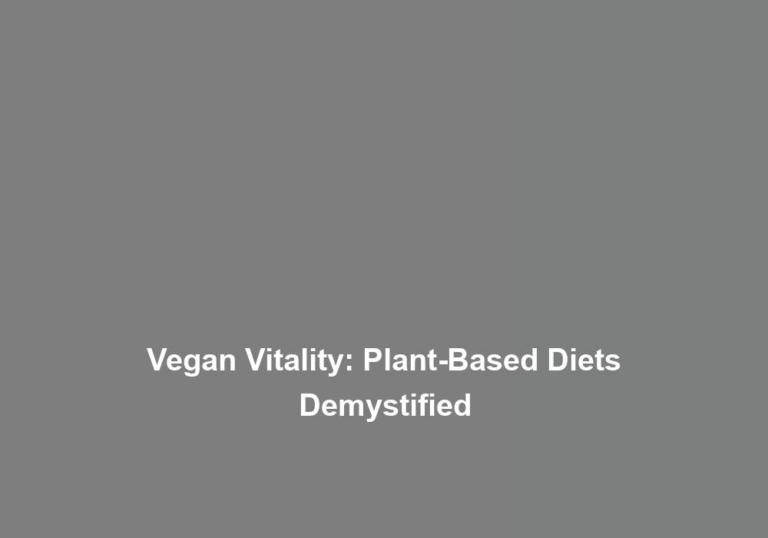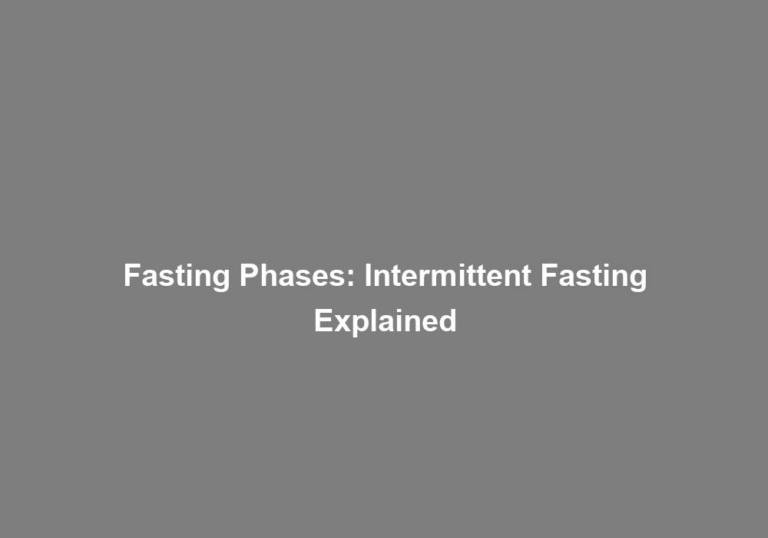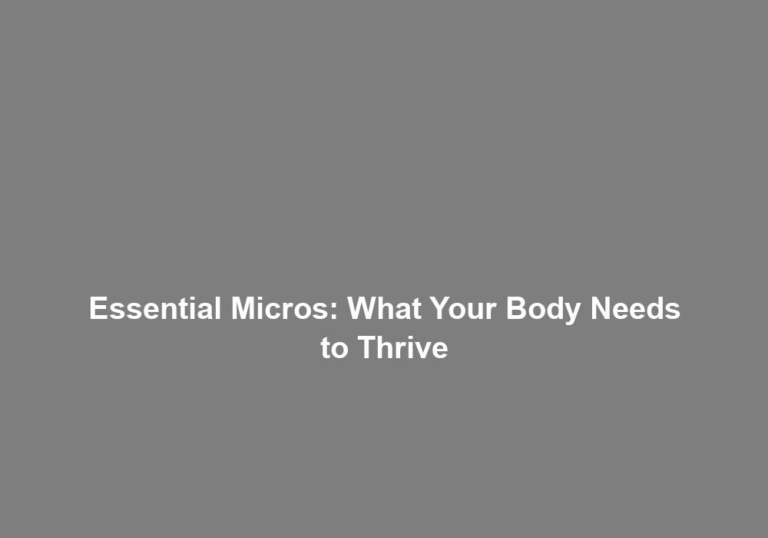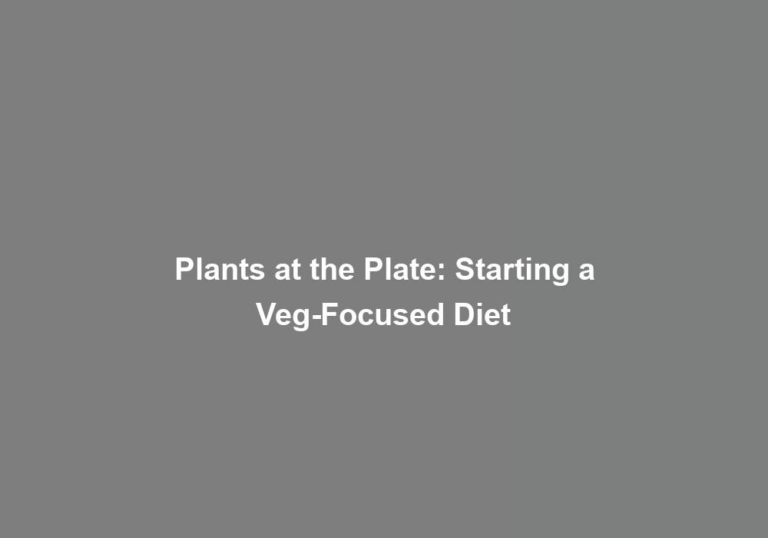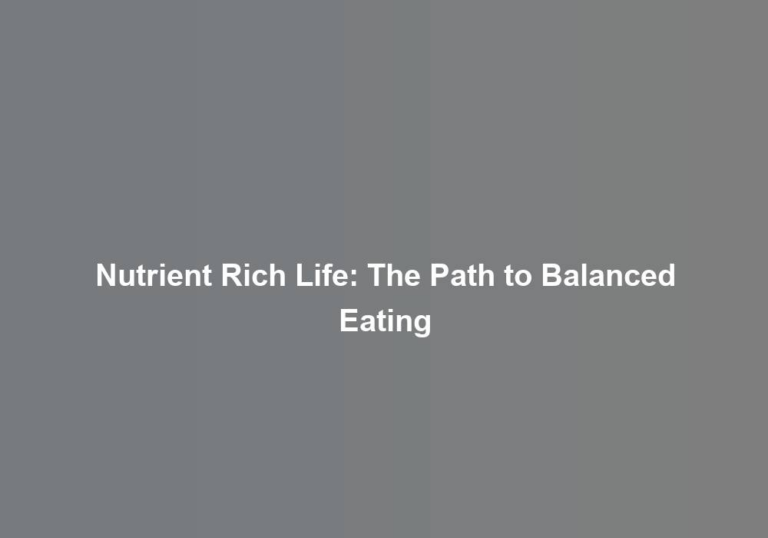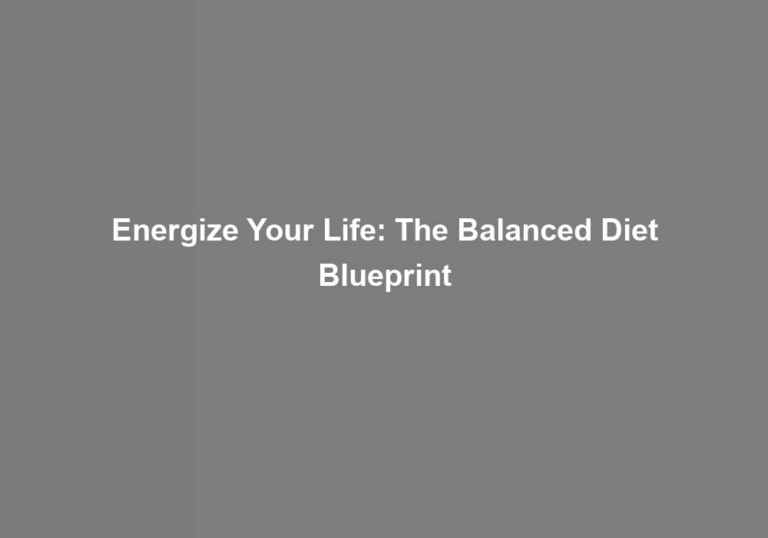Decoding Diets: The Science Behind Nutrient Absorption
You might have heard the saying, G??You are what you eat,G?? but have you ever wondered how your body actually absorbs and utilizes the nutrients from the food you consume? The process of nutrient absorption is a complex and fascinating journey that takes place within your body. From the moment you take a bite of food to the moment your cells are nourished, there are intricate mechanisms at play that dictate how effectively your body utilizes the essential vitamins, minerals, and macronutrients. Understanding the science behind nutrient absorption can provide valuable insights into optimizing your diet for better health and overall well-being.
The Digestive System and Nutrient Breakdown
In the digestive system, nutrients from the food you eat are broken down and absorbed into the body to provide essential energy and building blocks for cellular function. Nutrient assimilation primarily occurs in the small intestine, where the majority of digestion and absorption take place. The small intestine is lined with tiny, finger-like projections called villi and microvilli, which increase the surface area available for nutrient absorption. This intricate system allows for efficient absorption of nutrients such as carbohydrates, proteins, fats, vitamins, and minerals.
To support optimal nutrient assimilation, maintaining intestinal health is crucial. The intestinal lining serves as a barrier between the digestive tract and the rest of the body, playing a critical role in nutrient absorption. A healthy balance of gut bacteria is essential for intestinal health, as these microorganisms aid in the breakdown of certain nutrients and the production of essential vitamins. Consuming a diet rich in fiber, fermented foods, and prebiotics supports the growth of beneficial gut bacteria, promoting intestinal health and enhancing nutrient absorption.
Additionally, certain conditions such as celiac disease or inflammatory bowel diseases can compromise intestinal health and hinder nutrient assimilation. ItG??s important to seek medical advice if you suspect any digestive issues that may impact nutrient absorption. By prioritizing intestinal health through a balanced diet and seeking medical attention when necessary, you can optimize nutrient assimilation and support overall well-being.
Enzymes: NatureG??s Digestive Aids
Enzymes play a crucial role in aiding the digestion and absorption of nutrients in your body. These natural digestive aids facilitate the breakdown of food into smaller, absorbable components, allowing your body to extract essential vitamins, minerals, and other nutrients. Here are some key points to consider:
-
Digestive Enzymes: These specialized proteins help break down carbohydrates, proteins, and fats into smaller molecules, enabling your body to absorb them more effectively. For example, amylase assists in the digestion of carbohydrates, protease breaks down proteins, and lipase aids in the digestion of fats.
-
Enzyme Production: Your body produces digestive enzymes in the pancreas and small intestine, while certain foods also contain natural enzymes that support the digestive process. Pineapple and papaya, for instance, contain bromelain and papain, respectively, which can aid in protein digestion.
-
Beneficial Bacteria: In addition to digestive enzymes, beneficial bacteria in your gut play a crucial role in breaking down certain types of carbohydrates and fiber that your body cannot digest on its own. These bacteria help ferment these substances, producing beneficial byproducts and aiding in the absorption of nutrients.
-
Enzyme Supplements: In some cases, individuals may benefit from enzyme supplements to support their digestive process, particularly if they have conditions that affect enzyme production or if they experience digestive discomfort after eating.
-
Balanced Diet: Consuming a diverse range of whole foods can naturally provide your body with the enzymes and nutrients it needs for optimal digestion and nutrient absorption.
Understanding the role of digestive enzymes and beneficial bacteria can empower you to make informed choices about your diet and overall health.
The Role of Probiotics in Nutrient Absorption
The incorporation of probiotics into your diet can significantly enhance the absorption of essential nutrients in your body. Probiotics are live bacteria and yeasts that are good for your health, especially your digestive system. These beneficial microorganisms help maintain the balance of good and bad bacteria in your gut, which plays a crucial role in the absorption of nutrients. By supporting a healthy gut environment, probiotics can have a profound impact on your overall well-being.
| Probiotic Benefits | Gut Health Influence |
|---|---|
| Helps in digestion | Balances gut microbiota |
| Supports nutrient absorption | Strengthens intestinal barrier |
| Enhances immune function | Regulates inflammation |
| Aids in synthesizing vitamins | Improves gut-brain connection |
Probiotics help in the digestion of food, breaking down complex molecules into forms that are easier for the body to absorb. They also support the absorption of nutrients by maintaining a healthy gut lining, which is essential for preventing leaky gut syndrome and ensuring proper nutrient absorption. Furthermore, probiotics play a critical role in synthesizing certain vitamins within the gut, such as vitamin K and some B vitamins, which are vital for various metabolic processes in the body. By balancing the gut microbiota and strengthening the intestinal barrier, probiotics can enhance your bodyG??s ability to absorb and utilize nutrients from the foods you consume. Therefore, incorporating probiotic-rich foods or supplements into your diet can positively influence your gut health and, subsequently, nutrient absorption.
Understanding Micronutrient Transport in the Body
When you consume micronutrients, such as vitamins and minerals, they need to be transported into your bodyG??s cells for use. This transport process involves the cell membrane, which acts as a gatekeeper, allowing specific nutrients to enter and exit the cell. Understanding how this transport occurs can help you make informed dietary choices to ensure optimal micronutrient absorption.
Nutrient Absorption Process
Understanding the complex process of micronutrient transport in the body is crucial for comprehending how nutrient absorption occurs in diets. HereG??s a breakdown of the nutrient absorption process:
- Nutrient uptake: The small intestine is the primary site for nutrient absorption. Nutrients like vitamins, minerals, and amino acids are absorbed into the bloodstream through the intestinal wall.
- Absorption efficiency: Factors such as the presence of other nutrients, dietary fiber, and the form of the nutrient (e.g., heme iron vs.-?non-heme iron) can impact absorption efficiency.
- Carrier proteins: Nutrients like iron and zinc require specific carrier proteins to facilitate their absorption into the bloodstream.
- Fat-soluble vitamins: Vitamins A, D, E, and K require the presence of dietary fat for optimal absorption.
- Water-soluble vitamins: Water-soluble vitamins, such as vitamin C and the B vitamins, are absorbed directly into the bloodstream.
Cell Membrane Transport
To grasp the intricacies of nutrient absorption, itG??s crucial to understand the mechanisms of cell membrane transport and how it facilitates the uptake of micronutrients into the body. Active transport and passive diffusion are the two primary processes involved in nutrient uptake across cell membranes. Active transport requires energy to move nutrients against their concentration gradient, ensuring the uptake of essential micronutrients such as vitamins and minerals. On the other hand, passive diffusion allows certain nutrients to move across the cell membrane from an area of high concentration to an area of low concentration, driven by the natural kinetic energy of molecules. Both active transport and passive diffusion play vital roles in ensuring the efficient uptake of micronutrients, contributing to overall health and well-being. Understanding these processes can help in making informed dietary choices to support optimal nutrient absorption.
Factors Affecting Nutrient Bioavailability
Factors such as food preparation methods and the presence of certain nutrients can significantly impact the bioavailability of nutrients in your diet. Understanding these factors is crucial for optimizing your nutrient intake. Here are some key points to consider:
-
Food Processing: The way food is processed can affect the bioavailability of nutrients. For example, cooking can break down cell walls, making certain nutrients more accessible for absorption. On the other hand, excessive processing such as refining grains can strip away important nutrients, reducing their bioavailability.
-
Gut Health: The health of your gastrointestinal tract plays a vital role in nutrient absorption. A healthy gut with a balanced microbiome is better equipped to absorb and utilize nutrients. Conversely, conditions like inflammatory bowel disease or celiac disease can hinder nutrient absorption, even if a nutrient-rich diet is consumed.
-
Nutrient Synergy: Some nutrients work together to enhance absorption. For instance, consuming vitamin C alongside non-heme iron (found in plant-based foods) can increase the bodyG??s ability to absorb iron. On the contrary, certain compounds in foods, such as phytates in whole grains and legumes, can inhibit the absorption of minerals like iron and zinc.
-
Bioactive Compounds: Certain compounds in foods, such as polyphenols and phytosterols, can either enhance or hinder nutrient absorption. For example, polyphenols in tea and coffee can reduce the absorption of non-heme iron, while the phytosterols in nuts and seeds can interfere with the absorption of cholesterol-lowering medications.
-
Food Pairings: Combining certain foods can affect nutrient bioavailability. For instance, consuming fat with fat-soluble vitamins like A, D, E, and K can improve their absorption, as these vitamins require fat for transport and absorption in the body.
Understanding these factors can help you make informed decisions about food choices and preparation methods to maximize the bioavailability of nutrients in your diet.
Optimizing Nutrient Absorption Through Diet and Lifestyle
To optimize nutrient absorption through diet and lifestyle, focus on incorporating a variety of nutrient-dense foods such as fruits, vegetables, whole grains, and lean proteins into your meals. Additionally, consider factors like meal timing, portion control, and proper hydration to support optimal nutrient absorption. Engaging in regular physical activity and managing stress levels can also positively impact the bodyG??s ability to absorb and utilize essential nutrients.
Dietary Factors
Improving your nutrient absorption through dietary and lifestyle choices can have a significant impact on your overall health and well-being. Consider the following dietary factors to optimize nutrient absorption:
- Gut microbiota: Cultivate a diverse gut microbiota by consuming probiotic-rich foods like yogurt, kefir, and sauerkraut.
- Nutrient interaction: Be mindful of nutrient interactions, such as consuming vitamin C-rich foods to enhance iron absorption from plant-based sources.
- Dietary fiber: Incorporate plenty of fruits, vegetables, and whole grains to increase your dietary fiber intake, which can aid in the absorption of nutrients like calcium and magnesium.
- Hydration: Stay adequately hydrated to support the absorption of water-soluble vitamins and minerals.
- Healthy fats: Include sources of healthy fats, such as avocados and nuts, to aid in the absorption of fat-soluble vitamins A, D, E, and K.
Optimizing nutrient absorption through these dietary factors can help you make the most of the nutrients you consume.
Lifestyle Impact
Enhancing your nutrient absorption can be achieved through a combination of dietary choices and lifestyle habits that support optimal digestion and assimilation of essential nutrients. Exercise has a significant impact on nutrient absorption as it improves blood flow to the digestive system, enhancing the delivery of nutrients to cells. Stress management is also crucial, as chronic stress can impair digestion and nutrient absorption. Practicing relaxation techniques such as deep breathing, meditation, or yoga can support healthy digestion and nutrient assimilation. Below is a table summarizing lifestyle habits that can optimize nutrient absorption:
| Lifestyle Habits | Impact on Nutrient Absorption |
|---|---|
| Regular Exercise | Improves blood flow to the digestive system, enhancing nutrient delivery |
| Stress Management | Reduces the negative impact of chronic stress on digestion and absorption |
Conclusion
So, now that youG??ve learned about the science behind nutrient absorption, are you ready to optimize your diet for maximum nutrient uptake? By understanding the role of enzymes, probiotics, and micronutrient transport, as well as the factors affecting bioavailability, you can make informed choices to support your overall health. With a few simple changes to your diet and lifestyle, you can ensure that your body is getting the most out of the nutrients you consume. Are you up for the challenge?


